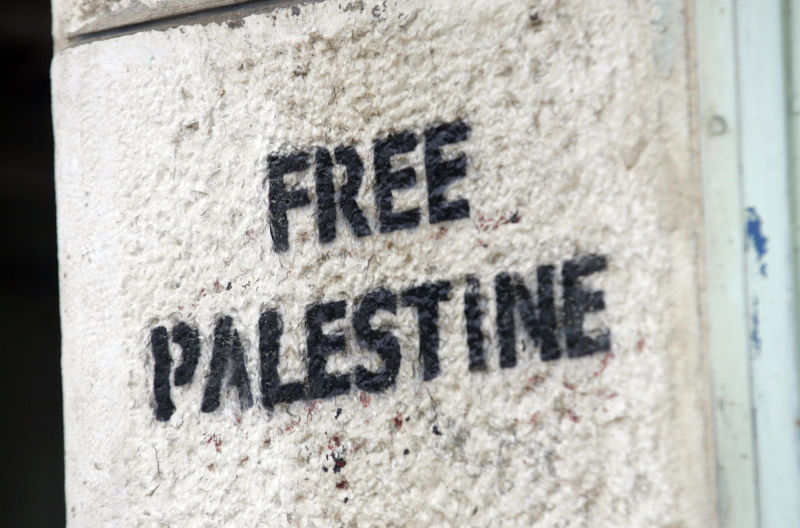‘Palestine’ – The name the Australian Jewish Association wants expunged
December 29, 2023
The AJA is seeking to suppress Palestinian identification with the country … for political purposes from an exhibition entitled Ramses and the Gold of the Pharoahs.
The Australian Museum, Sydney, is currently hosting an exhibition entitled _Ramses and the Gold of the Pharoahs.
A controversy – in one sense a little controversy, but in another sense a not so little controversy – is presently occurring over a description of one of the exhibits. The subject exhibit contained the following:
Ramses the Warrior
As a very young army captain, Ramses escorted his father, Seti, into battle. In his teens, Ramses was second in command, fighting alongside Seti in Libya and Palestine.
The Australian Jewish Association (AJA) took umbrage at the use of the word ‘Palestine’, claiming that the name” wasn’t invented until thousands of years later”. Given that Ramses reigned in Egypt in the 13th Century BCE, that would suggest that the word “Palestine was “invented” at least no earlier than, say, the 7th Century AD.
Unfortunately, the Australian Museum responded to the AJA in these terms (taken from the AJA’s social media post):
Thank you again for your feedback regarding the historical accuracy of one of the panels in the Ramses exhibition. We have conferred with the creators of the exhibition and they have agreed that, to avoid confusion and to focus on the story of Ramses himself, we will remove any non-historical geographic references besides the use of the common term “Egypt”. The new wording will be up in the exhibition within the next couple of weeks”.
That was purportedly conveyed on 26 December.
The Australian Friends of Palestine Association (AFOPA), has objected to the removal of the word ‘Palestine’, concerned that the AJA is seeking to “suppress Palestinian identification with the country … for political purposes”.
Inter alia, AFOPA draws attention to the fact that “Palestine” was derived from the word ‘Philistines’, the ancient Palestinian people. AFOPA notes that in Arabic the country is still called “Filistin”. Moreover, Wikipedia puts a first use of the term ‘Palestine’ as being by Herodotus in the 5th Century BC. That is also the time that the Second Book of Moses, (and the second book of the Old Testament), Exodus, was written. Exodus, Chapter 15, verse 14 contains the reference to “the inhabitants of Palestina”. And the Encyclopedia Britannica, addressing Ramses II, notes that his “father ‘Seti’, subdued a number of rebellious princes in Palestine”.
Finally, AFOPA draws attention to the 2021 work, Palestine A Four Thousand Year History, by Nur Masalha. One review of the book references Ramses thus:
(Masalha) has painstakingly and meticulously scoured various documents right from those of Ancient Egypt in which the land was called ‘Peleset’ in the documents of Rameses II and III. Documents in the form of clay tablets and later scrolls of Assyrian, Christian, and Muslims indicate a clear continuity in the mention of ‘Palestine’ right down to the formation of the Israeli state.
It will be of interest to see what the Museum ends up doing about the mischievous panel.
I thank AFOPA for drawing this matter to the attention of its members, of which I am one.
PS. Since writing the above the Museum has made its decision. The ‘offending’ sentence has been amended to read: “In his teens, Ramses was second in command, fighting alongside Seti in what is today known as Libya and Palestine”. The highlighted words have been added.
The Museum has justified the amendment “to provide current geographical clarity”.
Some might say that it is a bit of a cop-out by the Museum._


